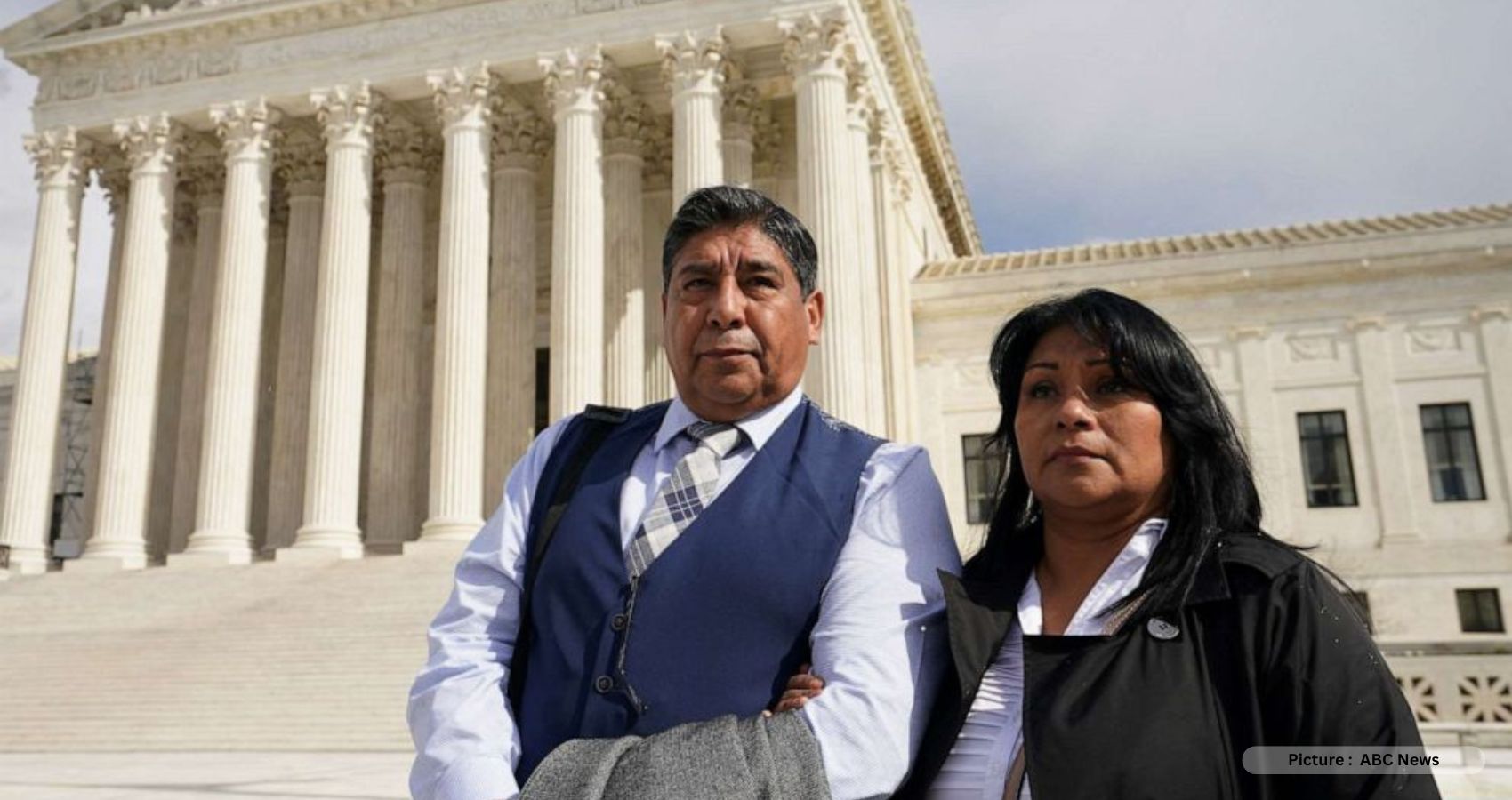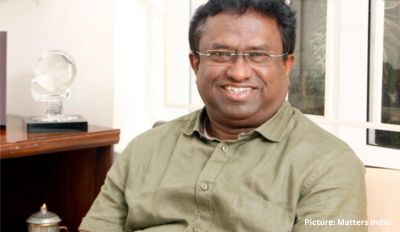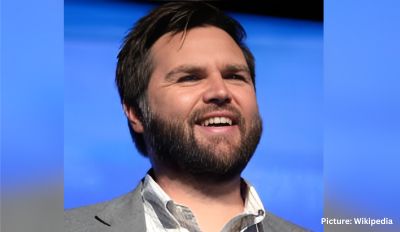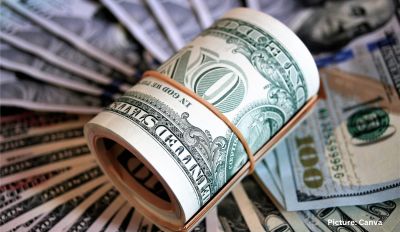The US Supreme Court has ruled that social media companies cannot be sued by victims of terrorist attacks for the content posted by users on their platforms, stating that a law, known as Section 230, provides the companies with immunity. The case involved victims of the 2015 coordinated terror attacks in Paris and the 2016 Istanbul nightclub bombing, where relatives of the victims had sought damages from Facebook, Twitter, and Google. Writing for the court, Justice Clarence Thomas said the families’ “claims fall far short of plausibly alleging that defendants aided and abetted the Reina attack.”
A federal law allowed Americans who were injured in foreign terrorist attacks to file lawsuits seeking damages from organizations that supported the perpetrators. However, the social media companies enjoyed protection under Section 230 of the Communications Decency Act, which generally exempts platforms from being sued over user-generated content.
The families of the victims had argued that YouTube channels used by the attackers in the Paris and Istanbul attacks would not have been so popular and influential without Google and Facebook’s algorithms promoting the content and driving users to it. They claimed that the companies assisted in the growth of the Islamic State group, which claimed responsibility for both attacks.
According to Reuters, more than 30 lawsuits have been filed against social media companies since 2016 over their alleged inability to stop radical organizations spreading their message and avoiding scrutiny, particularly since most of the platforms do not proactively monitor the content posted on their services.
“Questions about the scope of platforms’ immunity under Section 230 are consequential and will certainly come up soon in other cases,” Anna Diakun, staff attorney at the Knight First Amendment Institute at Columbia University, said following the ruling.
The family members were keen for social media companies to step up their monitoring of extremist content to prevent similar attacks from occurring. Responding to the court ruling, they vowed to continue to fight. A lawyer for the family of Nohemi Gonzalez, who was killed in Paris, said in an email, “We lawyers see this decision as just another hurdle we need to navigate. It took decades to topple Big Tobacco, we’ll eventually rein in reckless and greed driven Big Tech as well.”
Following the decision, Google’s General Counsel Halimah DeLaine Prado stated that the company will “continue our work to safeguard free expression online, combat harmful content, and support businesses and creators who benefit from the internet.” However, critics of this decision had hoped that social media companies would have been held more liable for their role in facilitating the spread of extremist ideologies on their platforms.
Last year, a US appeals court had supported the social media giants, citing the communication act of 1934, which, in some cases, interprets them as intermediaries rather than “publishers” of user-generated content. Tech firms, including Reddit, Microsoft, and Facebook warned of the consequences if the Supreme Court overturned Section 230. Kent Walker, Google’s top lawyer, claimed that “If we undo Section 230, that would break a lot of the internet tools.” Critics also raised the question of how citizen journalists and whistleblowers whose posts revealed corporate or government crimes would be protected if tech giants were unable to gain immunity under the legislation.
Proponents of holding social media giants responsible have pointed to the recent example of Twitter banning the account of former US President Donald Trump after he posted material that was deemed to be incitement to riot. Many have argued that it has taken far too long for social media companies to have taken any meaningful action to police their platforms, and more needs to be done. The ruling is a sign that the US government is unlikely to rapidly change the position that social platforms are rightly protected under the First Amendment.











